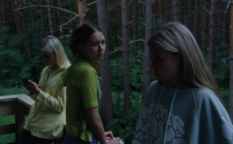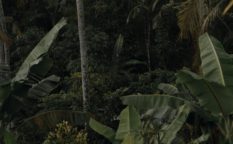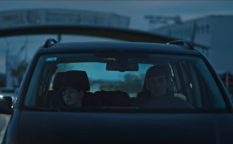Review: A Sister and a Brother (2019)
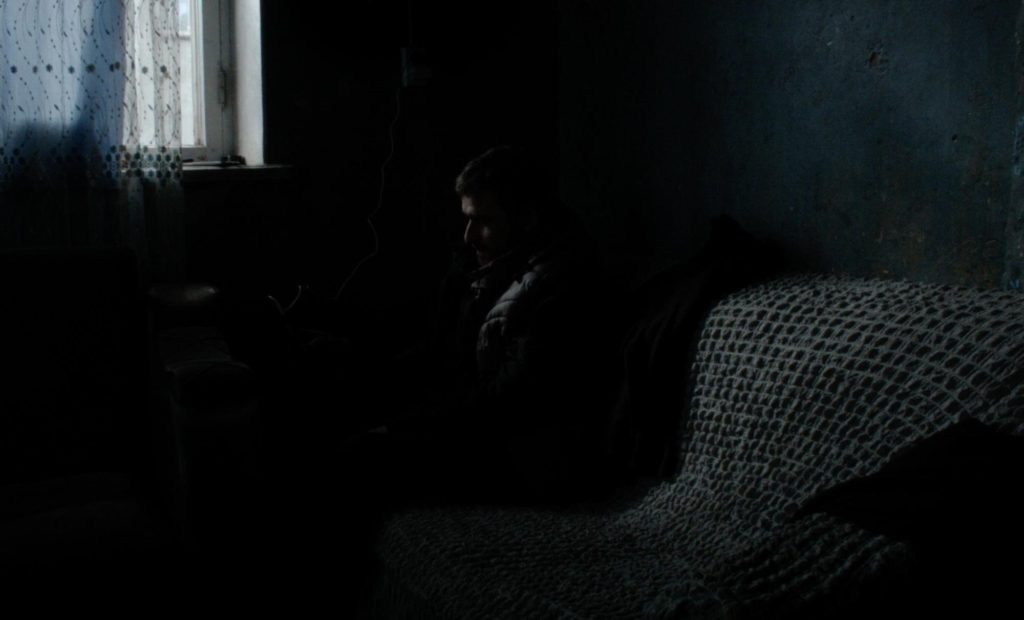
©flandersimage 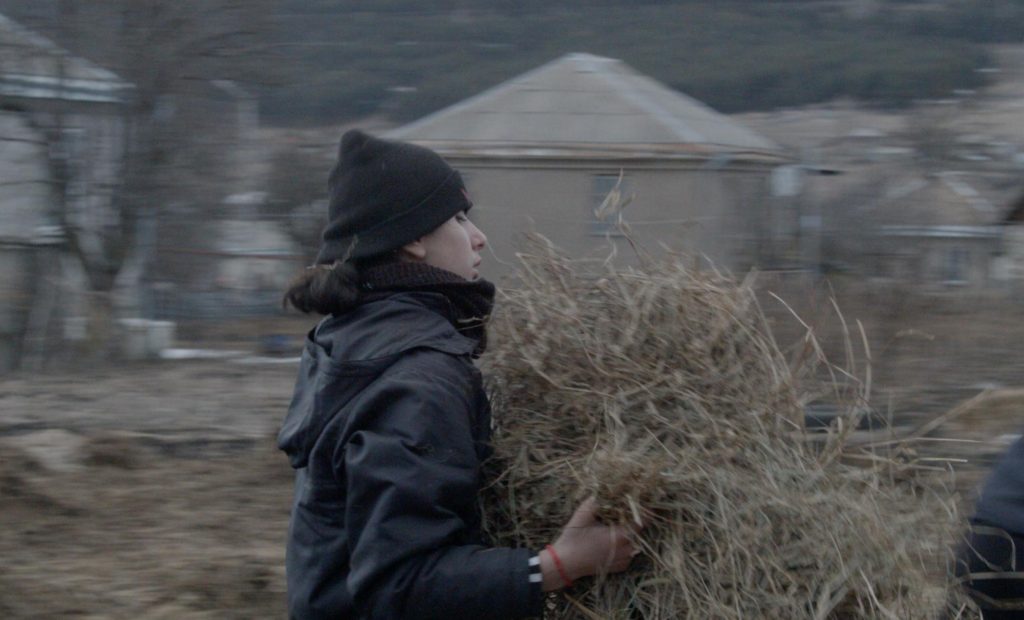
©flandersimage
A fifteen year old teenager tries to come closer to her brother Mukho in a very difficult personal moment in life. After being diagnozed with an illness which agressively deteriorates her eyesight, she continues as if nothing, feeling invisible at home. The girl is living in a remote Georgian village (Tsalka), and she’s going through her personal drama in silence, with family preocupied by negotiations surrounding brother’s departure for Turkey where he was promised work.
“If you don’t work, you don’t eat”, he’d say at one point, still not completely convinced that leaving Georgia is such a good idea. The hardships of farmer’ lives are not directly the topic of the film, but the story unfolds against the backdrop of an agricultural area heavily dependant on land. Immigration of young people is possibly the hardest, but the most logical decision.
If there is a feel of renaissance painting in Jaro Minne’s drama A Sister and A Brother (Da-Dzma), this comes from the often used one-point perspective that lets us peek through the doors standing ajar or curtain-clad windows. Raphaelite for its chiaroscuro high-contrast lightning, but stricter in symmetry, the film is enveloped in a layer of foggy mystery.
If even slightly visible, enteriors are framed in such a way to replace human presence by completely overtaking the narrative. Perfect symbiosis is achieved in the crucial scene of the film, in which girl’s voice reciting a poem is heard coming through an open door, and it’s almost a physical encounter with lonely person’s emotions. Minne’s photography is impressive, and each shot is studied in the smallest detail.
Regarding the story itself, it is almost as foggy as the enterios it’s playing in. When it leaves the closed space(s), there is suddenly movement and clarity, and even small attemps at physical contact. Brother and sister will get only one moment of emotional exchange, and it’s indeed the most emotional scene in the film.
Da-Dzma was the winner of the first edition of the Ermanno Olmi Award, an event aiming to promote short films by young directors (the age limit is 30).
Original title: Da-Dzma
Runtime: 15′
Produced by: Jaro Minne
Executive producer: Tim Nash
Directed by: Jaro Minne
Written by: Jaro Minne
Cinematographer: Jaro Minne
Sound Recordiung: Flora Pop
Editor: Alexandru Radu
Sound Editing: Ingrid Simon
Sound Mixing: Aline Gavroy
Colourist: Simon Bourne
Cast: Dali Resuridze, Mukho Shavadze, Malkhaz Dzirkvadze, Irma Imnadze













